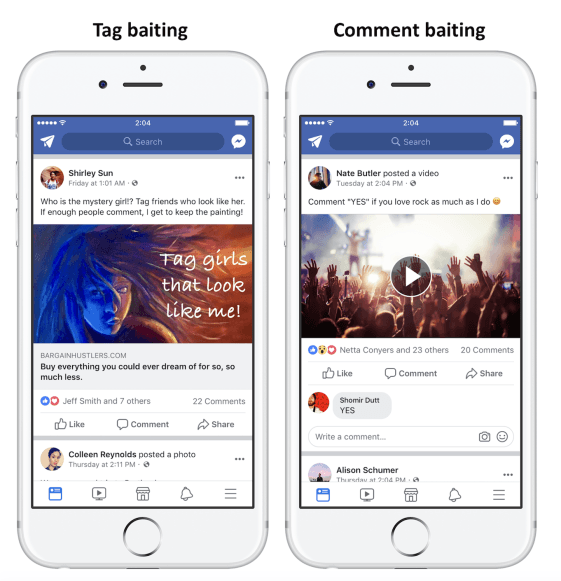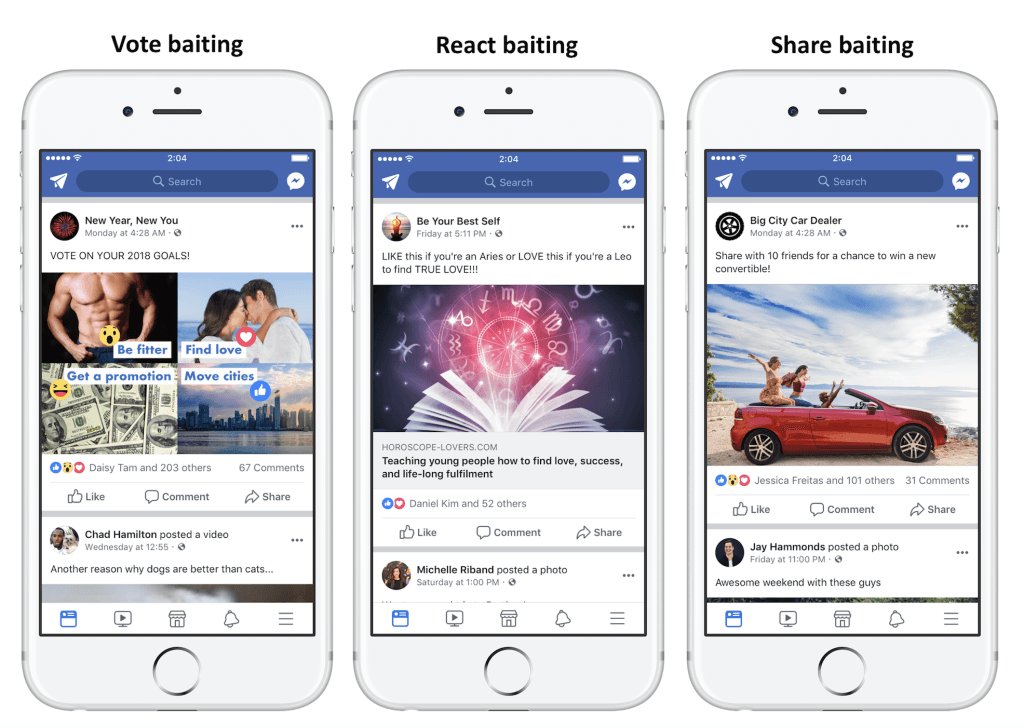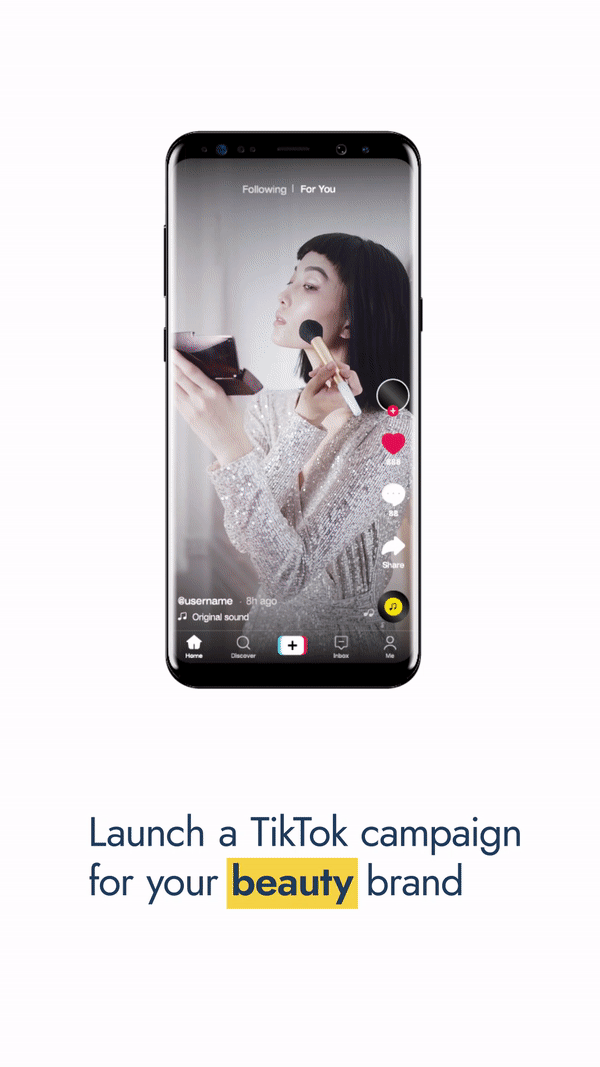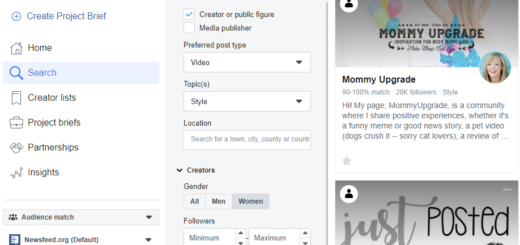
Facebook has recently identified a new kind of spam; Engagement baiting and now they are on a mission to eliminate it form their platform.
Over the past few months many posts have surfaced that had asked you to engage with a post by either tagging or commenting your friend or liking, hearting etc. their post to choose between the offered options. If you you were one of the people who disliked brands or individuals rudely imposing such actions you can now rejoice! Facebook has recently identified this kind of engagement as engagement bait and similarly to click bait – links tricking the readers to click through to the website, it will be demoted and penalise Pages that perform such actions on the platform as they try to foster more authentic engagement.
Here are the specific types of engagement baiting that Facebook has identified:
- React baiting: Asking people to react to the post (includes like, love, haha, wow, sad, and angry).
- Comment baiting: Asking people to comment with specific answers (words, numbers, phrases, or emojis).
- Share baiting: Asking people to share the post with their friends.
- Tag baiting: Asking people to tag their friends.
- Vote baiting: Asking people to vote using reactions, comments, sharing, or other means of representing a vote.

How does this work?
Facebook has been reviewing and categorising hundreds of thousands of Facebook posts in order to train a machine learning algorithm that can detect different types of engagement bait. So, posts similar to “LIKE this to…” and “LOVE this for…” we will be identified as spam engagement and be demoted but posts that ask people for help, advice, or recommendations, such as circulating a missing child report, raising money for a cause, or asking for travel tips, will not be adversely impacted by this update.
Publishers and advertisers have resorted to techniques like these mainly because it helped them trick the News Feed algorithm by boosting engagement in order to gain greater reach. If you are a publisher or an advertiser utilising such techniques heavily these new will probably not make you happy as you will experience a decrease in your reach. What’s more worrisome is the fact that if your Page has been systematically and repeatedly using engagement baiting will, over the course of the coming weeks, see more significant drops in reach and perhaps having their Page completely shut down as in the case of click baiters and fake video posters.
Have in mind that this does not mean that you cannot run like to
How not to get affected by this algorithm change?
If you are a publisher or an advertiser that ‘s happy with this new update it means that you and your team have been playing by Facebook’s rules providing valuable, meaningful, and informative content and have nothing to fear!
But for those who haven’t here are the rules of thumb you need to follow:
- Make posts that compels the users to perform the action you’d like to get out of them without forcing them to do so.
- If you engage on these tactics for input or feedback on something then you can turn to tools such as polls that are available for both Facebook and Instagram Pages.
Facebook will start tackling engagement baiters in English and will be rolling this out to other languages in 2018.











